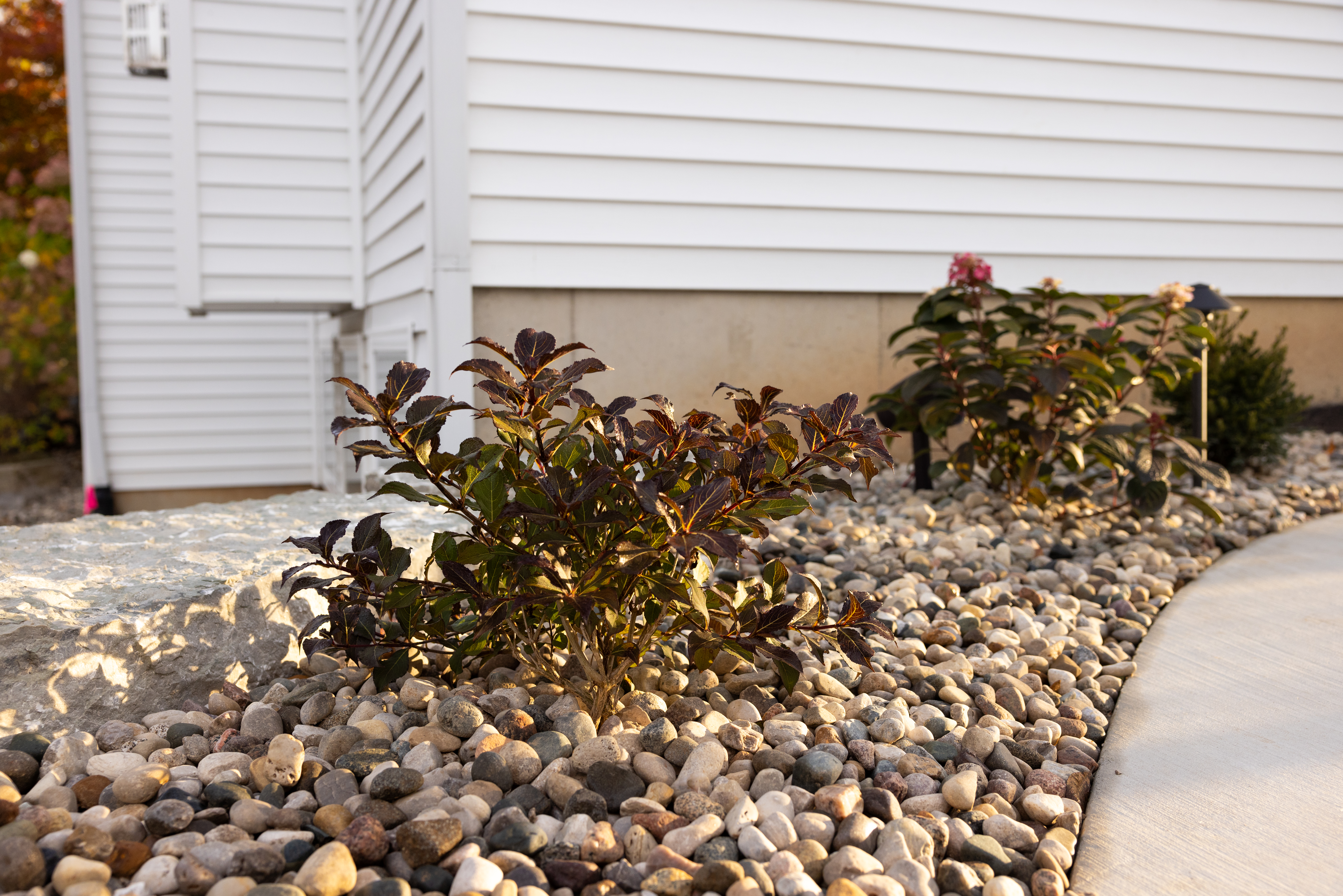
Watering: The Lifeline of Plants
Proper watering is the cornerstone of post-planting care. Newly planted vegetation requires consistent moisture to establish roots. Here’s how to do it right:
- Initial Watering: Water immediately after planting to help settle the soil and reduce transplant shock.
- Regular Schedule: Keep the soil consistently moist but not waterlogged. Overwatering can lead to root rot, while underwatering can cause dehydration.
- Morning Routine: Watering in the morning reduces evaporation and allows leaves to dry before evening, preventing fungal diseases.
Mulching: Protect and Nourish
Mulching offers multiple benefits, from moisture retention to weed suppression.
- Types of Mulch: Use organic mulches like bark, straw, or compost. These break down over time, adding nutrients to the soil.
- Application: Apply a 2-3 inch layer around the base of the plant, keeping it a few inches away from the stem to prevent rot.
Feeding: Nutrients for Growth
Plants need nutrients to grow strong and healthy. Fertilizing correctly can make a significant difference.
- Initial Fertilization: Use a slow-release fertilizer at the time of planting to provide steady nutrients.
- Continued Feeding: Depending on the plant type, feed with a balanced fertilizer every 4-6 weeks during the growing season.
Pruning: Shape and Health
Pruning is essential for shaping plants, removing dead or diseased parts, and encouraging new growth.
- Timing: Prune at the right time of year for each specific plant. For most, early spring is ideal.
- Techniques: Use clean, sharp tools. Remove dead or damaged branches first, then thin out crowded areas to improve air circulation.
Staking and Support
Some plants, especially taller or top-heavy varieties, need physical support.
- Staking: Insert stakes into the ground near the plant and tie the plant loosely to the stake with soft ties.
- Trellises and Cages: For climbing plants, provide trellises or cages to support their growth.
Soil Health: The Foundation of Growth
Healthy soil is vital for plant health.
- Testing: Conduct a soil test to understand its composition and pH level. Amend the soil as needed based on the results.
- Organic Matter: Add compost or organic matter to improve soil structure, drainage, and fertility.
Monitoring and Adjusting Care
Plants’ needs can change as they grow, and environmental conditions vary.
- Weather Changes: Adjust watering and care routines according to the weather. For instance, reduce watering during rainy periods and increase during dry spells.
- Growth Stages: Younger plants may need more frequent care compared to established ones.
Post-planting care is crucial for establishing a healthy, thriving garden. By following these essential practices—watering correctly, mulching, fertilizing, pruning, providing support, maintaining soil health, and monitoring your plants—you can ensure your plants flourish.
Need new plantings and/or help maintaining your plants? We have you covered. Click here to contact us today!
